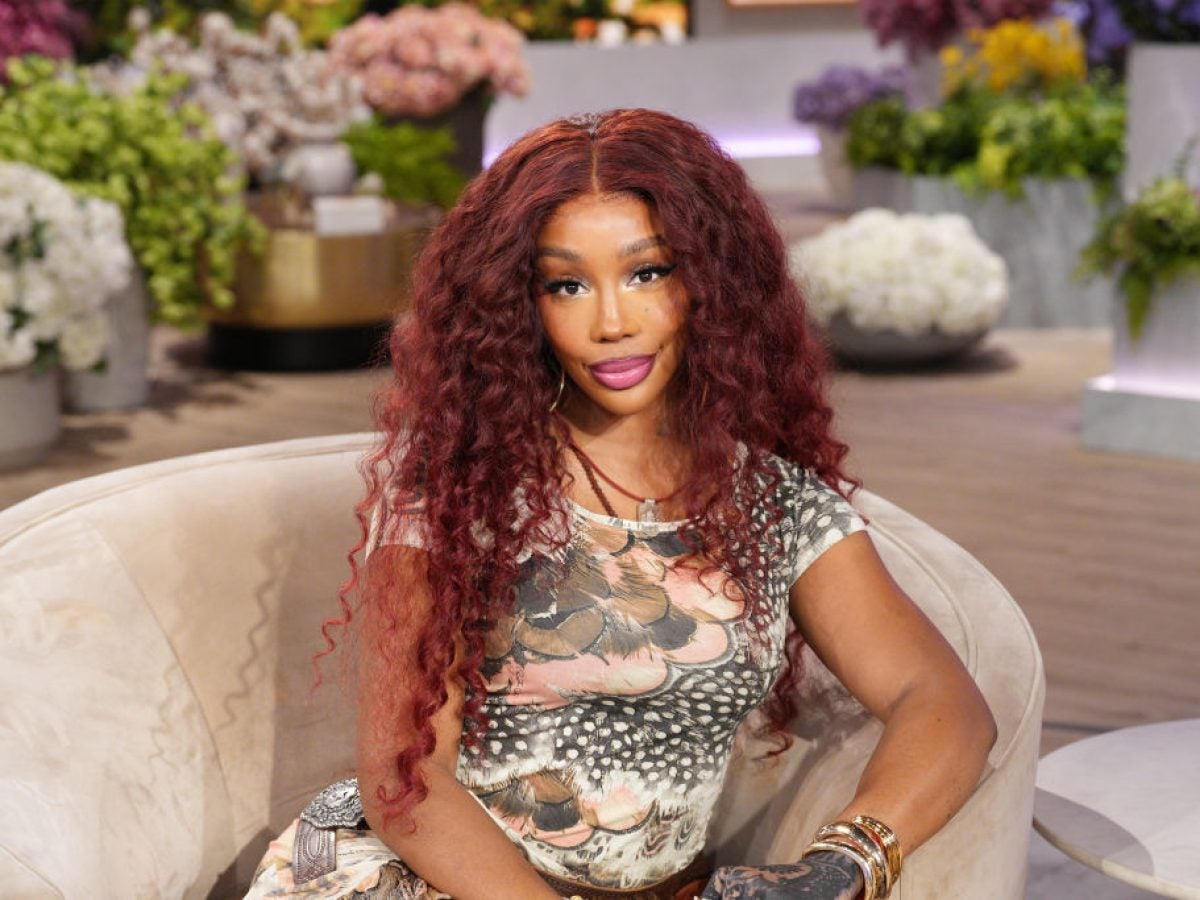
Every week it feels like there’s another celebrity beauty launch flooding our feeds.
The most recent launch in question: SZA’s NOT Beauty. And I’m going to be honest with you, I’m tired. We do NOT need NOT Beauty. Don’t get me wrong, I love SZA, but between Fenty, Rhode from Hailey Bieber, OAM from Ciara, Rare Beauty by Selena Gomez, Keys Soulcare from Alicia Keys, and even Lori Harvey’s SKN by LH, we’re drowning in celebrity beauty brands. So while I may be a fan of the artist or celebrity, I’m a fan first of underconsumption, and keeping my coins in my pocket where they should be.
The question isn’t whether these launches have pretty packaging (they usually do) or beautiful campaigns and pop-ups to support them (they do — take for example, SZA’s recent pop-ups during her Grand National Tour). The real question is whether we actually need another one.
Let’s be real about what’s happening here. Rihanna changed the game with Fenty Beauty in 2017. She saw a gap in the market for deeper skin tones and filled it beautifully. That launch had purpose, intention, and solved actual problems for Black women who’d been ignored by the beauty industry for decades. Everyone after Rihanna has been trying to recreate that magic, but most of them are just catching up to what should have been standard practice all along.
I sat down with my colleague and beauty extraordinaire Akili King to talk through this exact phenomenon. We both agreed that SZA’s NOT Beauty feels authentic to her minimal aesthetic. And while I may be the bad cop in thinking it’s an unnecessary launch, Akili offered another perspective (which makes sense, given our vertical beats as editors). She pointed out that the packaging is clean, the messaging hits right for the “no-makeup makeup” crowd, and it definitely screams SZA. But my counter: what’s actually new here? Especially in a world where some of these celebrity products already exist on drugstore shelves for a fraction of the cost.
That’s where drugstore brands come in. E.l.f. is out here delivering the same results in a dupe format for like $5 (and real OGs know, they used to even have some products as low as $1). While celebrities are charging $40 for lip tints, e.l.f. has been perfecting theirs for years at under $10.
Take NYX, for example. Their brow products have been a staple in makeup artists’ kits long before celebrities started their own lines. L’Oréal foundations have been fan favorites for years, available at every corner store and drugstore across America. Even Black Radiance and Milani have been quietly serving the community, creating products specifically for deeper skin tones without the celebrity markup.
Then there’s the wellness angle. Keys Soulcare and OAM by Ciara are focusing more on skincare than makeup, which feels different from the typical celebrity beauty playbook. Alicia Keys built her brand around the intersection of wellness-meets-beauty, and Ciara’s approach feels more mature, targeting women who want effective skincare without the bells and whistles. But again, are these formulas actually revolutionary, or are we paying extra for the celebrity endorsement?
The honest truth is that some of these launches feel more like brand extensions than actual beauty innovations. When a celebrity puts their name on a product, we’re not just buying the formula we’re buying into their lifestyle, aesthetic and story. Sometimes that’s worth it. Sometimes it’s not.
So it really comes down to this: what do you value? The name on the tube or what’s actually in it? That’s the question every consumer should ask themselves before opening their wallet.
I’m always going to root for Black women in business. Supporting Black-owned beauty brands matters, and representation in the industry is crucial. But I also want to be smart with my money. If I’m spending $60 on a serum or $40 on a foundation, it better deliver results that I can’t get from my trusted drugstore favorites.
The celebrity beauty boom isn’t slowing down anytime soon. New launches will keep coming, and some will probably be genuinely great. But we don’t have to buy everything just because our favorite artist’s face is on the packaging.
You can love the artist and still question the artistry of the product. At the end of the day, whether something works — celebrity or not — the decision is up to you and your budget.
Before you hit “add to cart” on the next celebrity beauty drop, ask yourself: Is this solving a problem I actually have? Does it offer something my current products don’t? Or am I just buying because I love the person behind the brand?
Your skin (and your bank account) will thank you for asking those questions first.